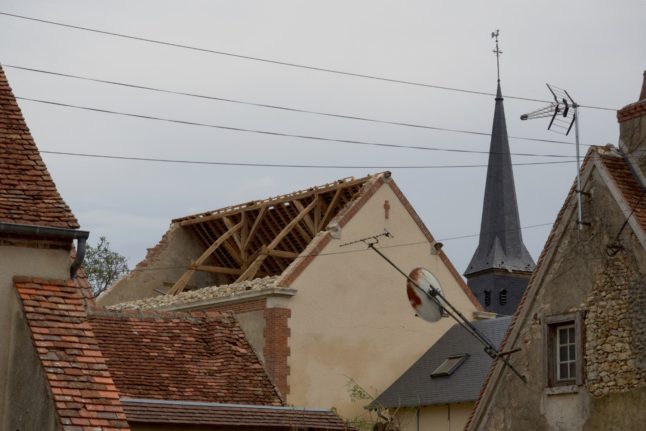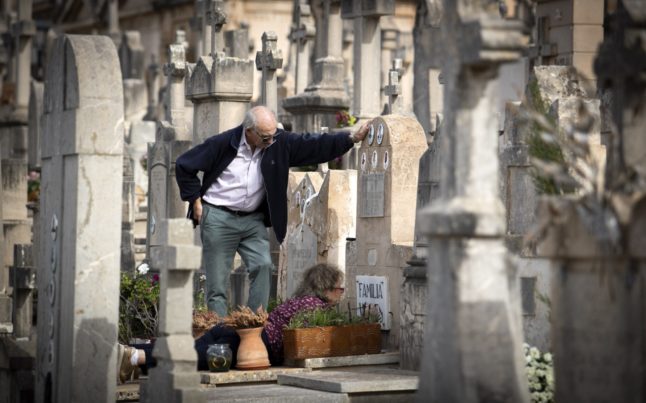Both avocats and notaires are legal professionals in France, and both should be addressed with the formal title Maître. But while both have significant training in French law and can offer legal advice, there is a big difference between their roles.
The role of notaire is unique to France. They are legal experts who can offer advice, but they are appointed by the French government and as such act on behalf of the State, rather than on behalf of a client.
EXPLAINED: The difference between a notaire and a lawyer in France
Home insurance is compulsory in France, whether you own the property you live in or you rent – and it must include some level of storm damage cover.
At this storm-heavy time of year, this is good to know – but make sure you know what your insurance actually protects…
How to ensure your French property is insured for storm damage
It’s the season when the horrible bugs strike and have us all spluttering into a tissue, so here’s the vocab you need to deal with coughs, colds and flu in France.
Coughs, colds and flu: What to say and do if you fall sick in France
France has a remarkable set of anti-waste laws that lay out a six-year plan to reduce waste, end single-use plastics and encourage consumers to repair and recycle their stuff. Here’s what is in store for 2024 and beyond
Plastic bans to repair bonus: How France’s anti-waste laws work
Law changes, speed limits, fuel prices and road signs – there are a lot of changes coming if you’re a car or motorbike user in France in 2024.
What changes for drivers in France in 2024
If you want to become French you will need to speak the language to a competent standard, but – roughly – how long does it usually take to reach that level?
How long does it take for your French to be good enough for citizenship?



 Please whitelist us to continue reading.
Please whitelist us to continue reading.
Member comments